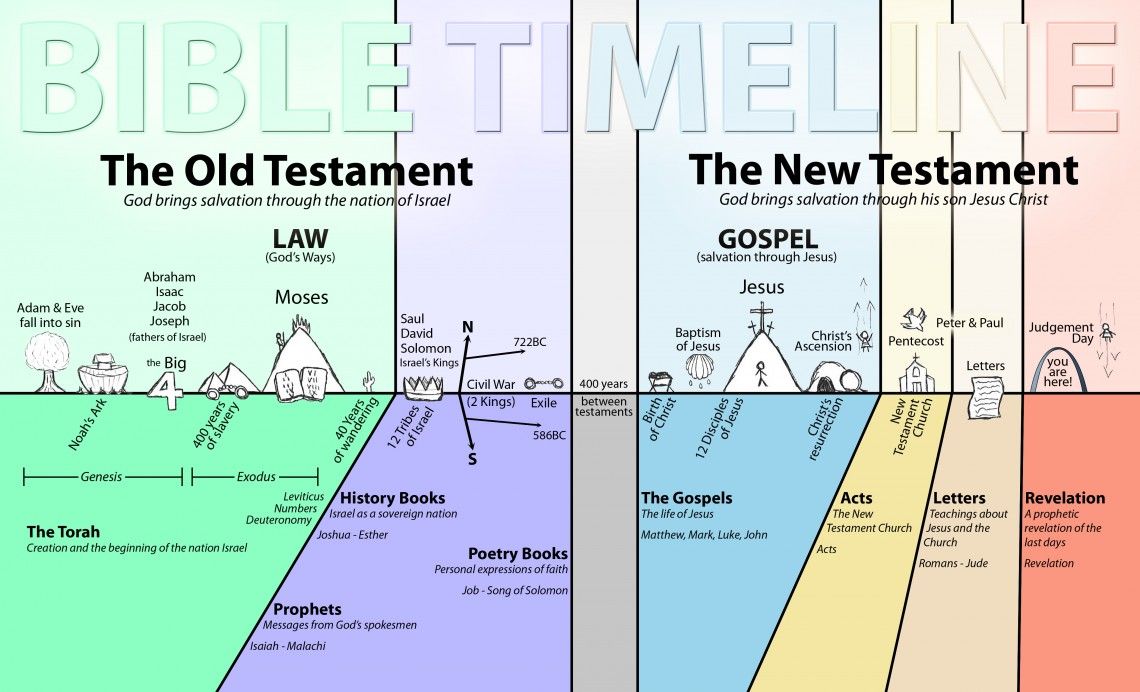7 Fascinating Facts About the World's Largest Religion Christianity
Christianity, with its rich history, diverse traditions, and profound influence, stands as one of the world's most significant religions. From its humble beginnings in ancient Judea to its global spread and impact, Christianity has shaped cultures, societies, and individuals for over two millennia. In this blog article, we'll delve into seven intriguing facts about Christianity that shed light on its beliefs, practices, and enduring legacy.
1) Origins of Christianity:
Christianity traces its origins to the teachings and ministry of Jesus Christ, a Jewish preacher who lived in the first century CE in the region of Judea, part of present-day Israel. His message of love, forgiveness, and salvation laid the foundation for the Christian faith, which eventually spread throughout the Roman Empire and beyond.
2) The Bible:
Central to Christianity is the Bible, a sacred text comprising the Old Testament (Hebrew Scriptures) and the New Testament (the teachings of Jesus and early Christian writings). The Bible serves as a source of spiritual guidance, moral principles, and theological doctrine for Christians worldwide, shaping their beliefs and practices.
3) Denominational Diversity:
Christianity encompasses a diverse array of denominations, each with its own beliefs, practices, and traditions. Major branches include Catholicism, Eastern Orthodoxy, and Protestantism, with numerous subdivisions and independent churches within each branch. This denominational diversity reflects the breadth and complexity of the Christian faith.
4) Spread of Christianity:
The spread of Christianity has been a remarkable phenomenon throughout history, facilitated by factors such as missionary activity, trade routes, colonialism, and cultural exchange. From its origins in the Middle East, Christianity expanded across Europe, Africa, Asia, and the Americas, becoming a global religion with followers on every continent.
5) Sacred Symbols:
Christianity is replete with sacred symbols that hold deep religious significance for believers. The cross, symbolizing Jesus' crucifixion and resurrection, is the most iconic symbol of the Christian faith. Other symbols include the fish (ichthus), representing Jesus Christ, and the dove, symbolizing the Holy Spirit.
6) Christian Holidays:
Christianity observes a liturgical calendar marked by various holidays and feasts commemorating significant events in the life of Jesus Christ and the history of salvation. Major Christian holidays include Christmas (celebrating the birth of Jesus), Easter (commemorating his resurrection), and Pentecost (honoring the descent of the Holy Spirit).
7) Influence and Legacy:
Christianity's influence extends far beyond the realm of religion, shaping art, architecture, literature, philosophy, and social institutions throughout history. From the majestic cathedrals of Europe to the enduring legacy of Christian thinkers like Augustine and Aquinas, Christianity has left an indelible mark on human civilization.
Christianity stands as a beacon of faith, hope, and redemption for billions of people worldwide. Its enduring legacy, diverse traditions, and profound impact on human history attest to the enduring power of its message. As Christians continue to navigate the complexities of the modern world, they draw inspiration from the timeless truths and teachings of their faith, shaping their lives and guiding their journey of spiritual growth.




Comments
Post a Comment